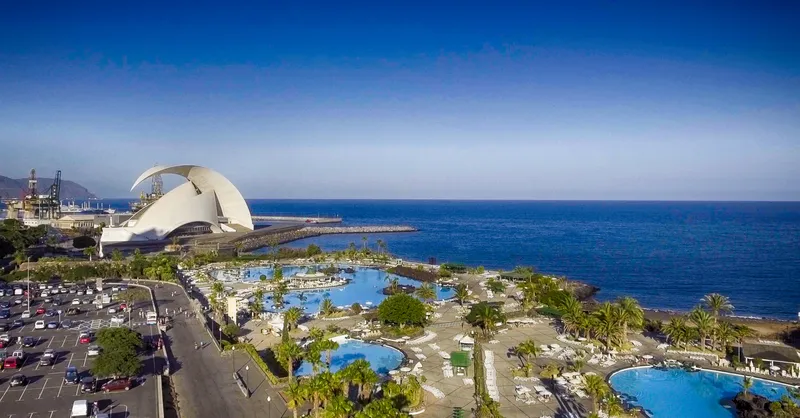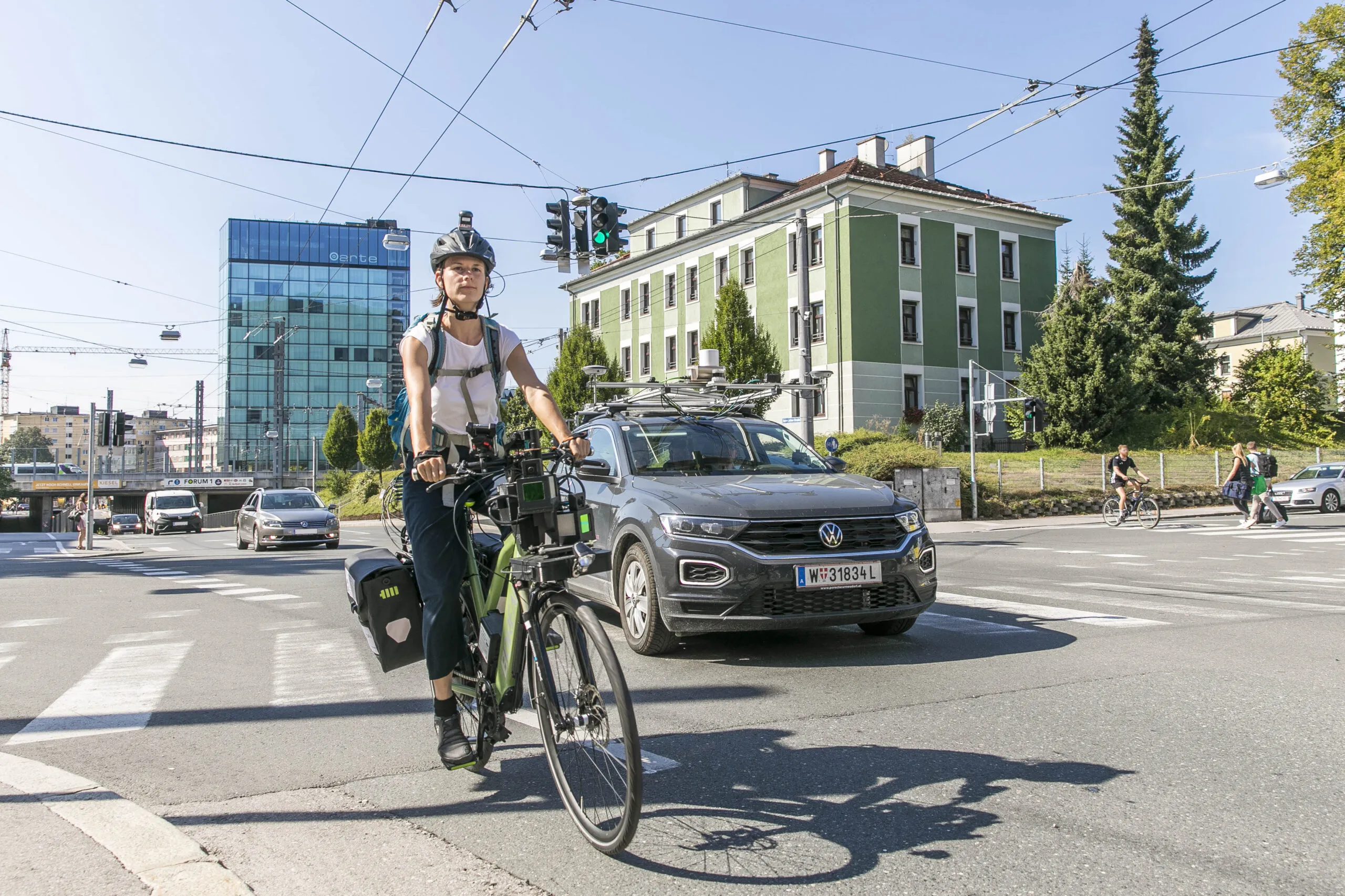
Kapsch TrafficCom has been awarded a traffic management and maintenance deal in the Spanish city of Santa Cruz de Tenerife.
The city is on Tenerife, in the Canary Islands, off the west coast of Morocco.
The company already has similar contracts in more than 20 cities in Spain, and this €7.2m deal runs for three years, with the option of another two.
Kapsch will operate the city's mobility centre and traffic engineering, and will analyse new solutions to improve mobility in the urban area.
Santa Cruz de Tenerife's city council says it aims to ensure that all modes can coexist in the city for all road users: pedestrians, cyclists and individual mobility vehicles.
The organisation adds that it wants to deepen its strategies and policies for safe, inclusive, sustainable, connected and technological mobility.










